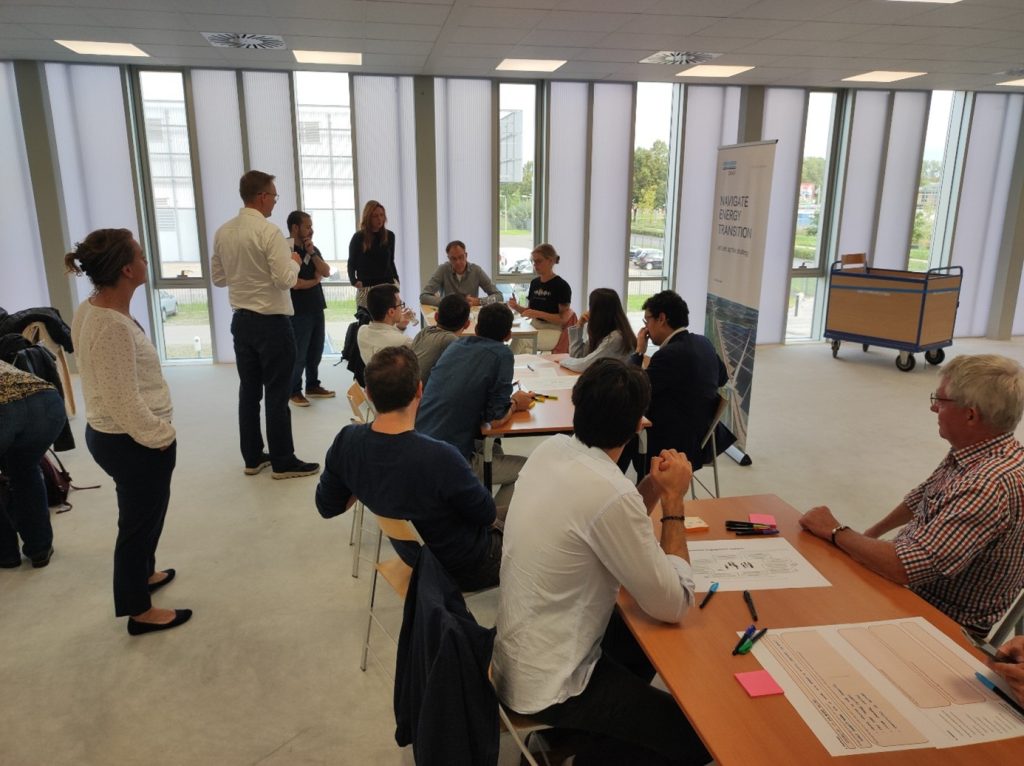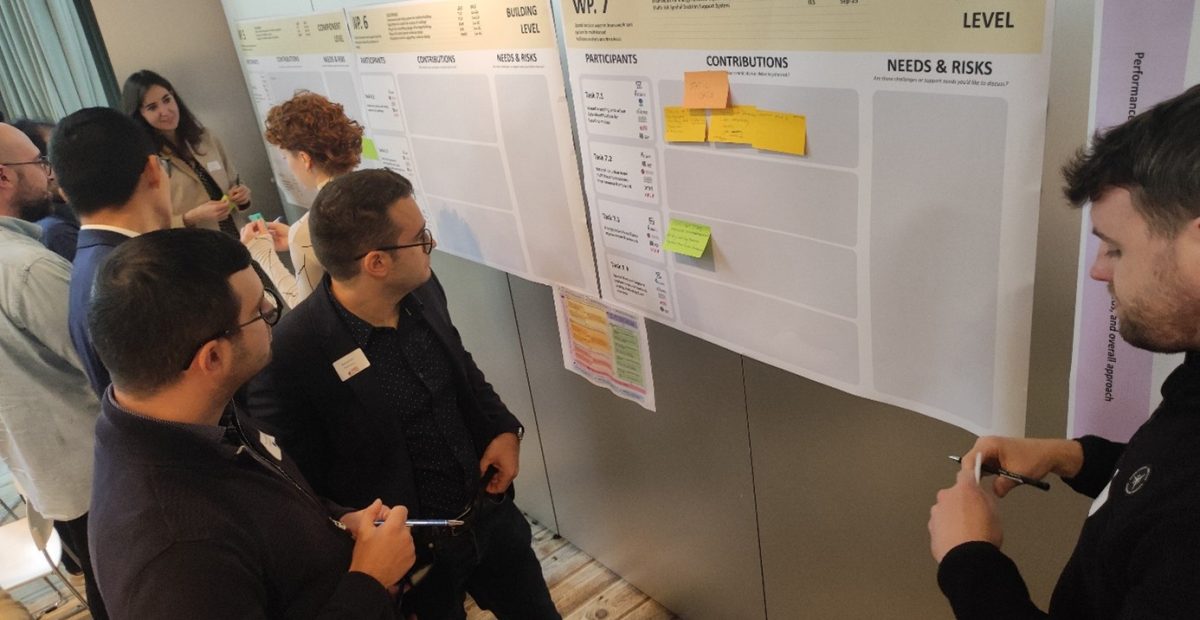In an era where global collaboration shapes the landscape of product design and development, co-creation workshops have emerged as a critical tool in the realm of User Experience (UX) design. These workshops, transcending geographical boundaries, bring together diverse minds and perspectives, fostering an environment where innovation thrives through collective creativity. They represent a paradigm shift towards a more inclusive, empathetic, and user-centric approach to product development, especially in international projects.
The essence of co-creation in UX design lies in its collaborative nature, which invites stakeholders from various backgrounds, including users, designers, engineers, and business strategists, to participate in the design process. This diversity is crucial in international settings, where understanding cultural nuances and user behaviors across different regions becomes paramount. Co-creation workshops facilitate this understanding by providing a platform for these varied perspectives to converge, leading to designs that are not only functional but also culturally resonant.

In these workshops, brainstorming sessions play a pivotal role. They are not mere discussions but structured, creative exercises that encourage participants to think beyond conventional boundaries. These sessions leverage the collective intelligence of the group, leading to the generation of innovative ideas and solutions that cater to a broad spectrum of users. The use of techniques like storytelling, persona creation, and scenario mapping further enriches these brainstorming sessions, allowing participants to empathize with users and understand their needs more profoundly.
The user-centric approach in co-creation workshops is not just a methodology but a philosophy that places the user’s experience at the forefront of product development. This approach ensures that every design decision, from conceptualization to implementation, is made keeping the end-user in mind. It fosters a deep connection between the product and its users, ensuring that the final output is not only technologically sound but also emotionally resonant.

Moreover, co-creation workshops in international environments bring an added layer of complexity and opportunity. They facilitate cross-cultural collaboration, leading to products that are not just locally relevant but globally appealing. This global perspective is particularly important in today’s interconnected world, where products often transcend their local origins to find a place in international markets.
The impact of co-creation workshops is also evident in the way they democratize the design process. By involving users and other stakeholders directly in the design process, these workshops break down the traditional barriers between the designer and the end-user. This democratization leads to more transparent, inclusive, and participatory product development, ensuring that the final products are well-aligned with user needs and expectations.

Furthermore, co-creation workshops serve as a bridge between theory and practice in UX design. They provide a real-world context where theoretical knowledge about user behavior, design principles, and technological possibilities can be applied and tested. This practical application is crucial in refining design strategies and ensuring that they are grounded in reality.
In conclusion, co-creation workshops represent a significant advancement in the field of UX design, particularly in international projects. They embody a user-centric approach that not only respects but also values the diversity of user experiences and cultural perspectives. As the world continues to become more interconnected, these workshops will play an increasingly vital role in shaping products that are not only functional and aesthetically pleasing but also culturally sensitive and globally relevant.







